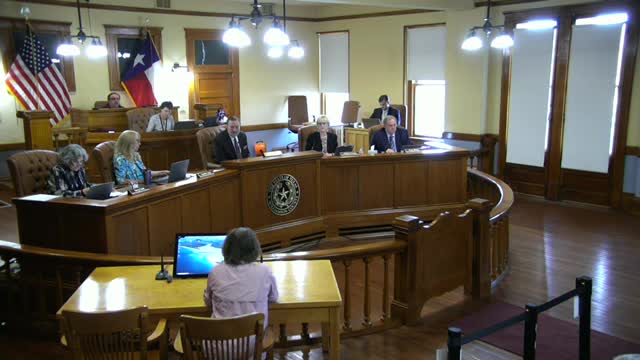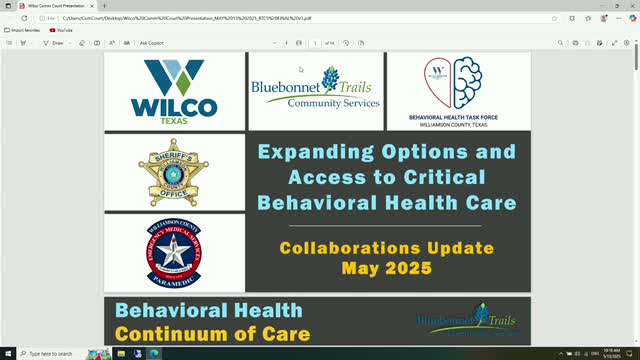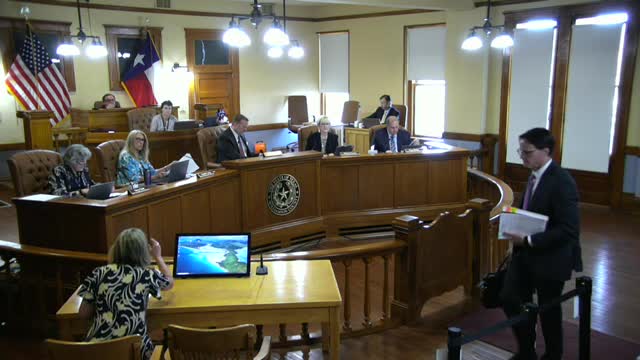Article not found
This article is no longer available. But don't worry—we've gathered other articles that discuss the same topic.

Resident says return to precinct‑level voting would be costly and difficult to staff

Votes at a glance: Williamson County Commissioners Court approves consent items, proclamations and multiple contracts

Bluebonnet Trails presents countywide mental‑health network; diversion center, youth respite and mobile crisis highlighted

